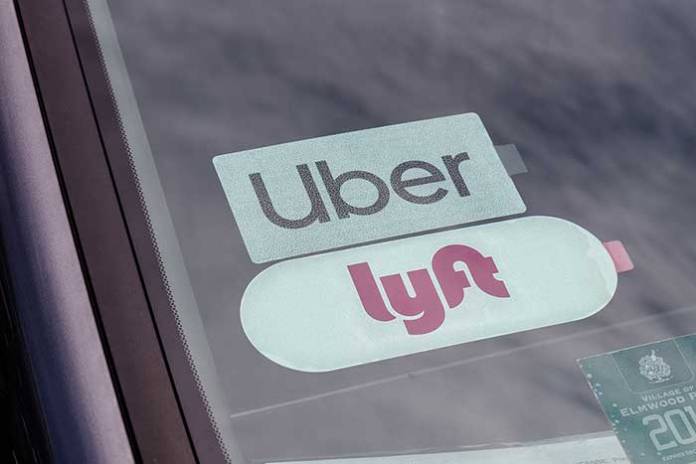
It’s easy to get overwhelmed with all of the ride apps out there, but Uber and Lyft emerged pretty early on as the leaders of the pack. The prices are fairly similar, but which one is safer?
For these purposes, we’re interested in both safeties of the rider based on driver incidents pertaining to personal behavior as well as driving safety. Cross-referencing independent surveys, public company data, and a range of reporting reveals the two companies to be more or less equal in terms of the two primary measures of rider safety.
Driver Requirements
Both companies have very similar requirements to become a driver, with requirements for Lyft and Uber both involving:
- Be 21 or over
- One year or more driving experience
- Hold an up-to-date US license
- A good driving record without any serious traffic violations
- Prior minor traffic violations must be limited
- Criminal background checks
- Proof of car insurance
One noticeable difference between the two companies is that only Lyft requires that its drivers’ vehicles pass a tire tread test, meaning that the tires are not too worn down and thus pose a potential sliding risk.
Non-Crash Risks
A 2020 survey of female riders found that nearly one in four had reported harassment by Uber drivers to the company via the app, underscoring the risks that women are exposed to when getting into any car with strangers.
These numbers put Lyft in a significantly better light, with 15 percent of female riders reporting various forms of driver harassment compared to Uber’s 23 percent. Another fairly damning statistic against Uber is that double the number of women in the same survey said they felt uncomfortable with an Uber driver compared to those surveyed about Lyft rides.
However, recent reporting by the Associated Press suggests that Lyft’s track record does not, contrary to popular belief, prove any safer than Uber when it comes to more serious dangers, including accidents.
Car Accidents
No matter how nice a driver may or may not be, both apps require driver verification, track rides, and have monitoring capabilities for both the rider and driver’s phones, making such nightmare possibilities as kidnappings or violent assaults very low probability instances.
That said, car accidents are a far more likely cause of injury or death for Uber or Lyft passengers alike.
Accidents involving Uber or Lift can result in such injuries as:
- Spinal cord damage, including paralysis
- Broken neck
- Fractured skull and traumatic brain injury
- Broken ribs and other bones
- Internal bleeding
- Serious bruising with longer lasting side effects
- Substantial lacerations requiring stitches
In general, statistics about how dangerous the two ride apps are on the road are few and far between. Uber has released some limited statistics and you can read their public safety report here.
From what we can gather, the difference between the two companies in terms of accidents and accident fatalities is not substantial. One New York City study found that Uber drivers tended to be involved in significantly more accidents than taxis, but this can also be attributed to taxi drivers having more years behind the wheel.
By contrast, as the driver requirements above show, pretty much anybody can become an Uber or Lyft driver, and as such, may not be any more cautious than anyone else on the road. Although both companies can be credited with saving a lot of potential drunk drivers from getting seriously injured or killed, it may still be better to drive yourself or ride with someone you trust if you have the option.
Legal Options
If you were hit by a Uber or Lyft driver or got in an accident as a passenger, you have a range of legal options that you can consider.
Oftentimes, car insurance settlement offers will not be enough to cover the total costs of damage to your car or its replacement value, particularly when coupled with medical bills, lost wages, and harder-to-quantify values such as the pain and suffering or missed opportunities as a result of the accident.
You can read more about what you can expect from the average settlement for a car accident here.











